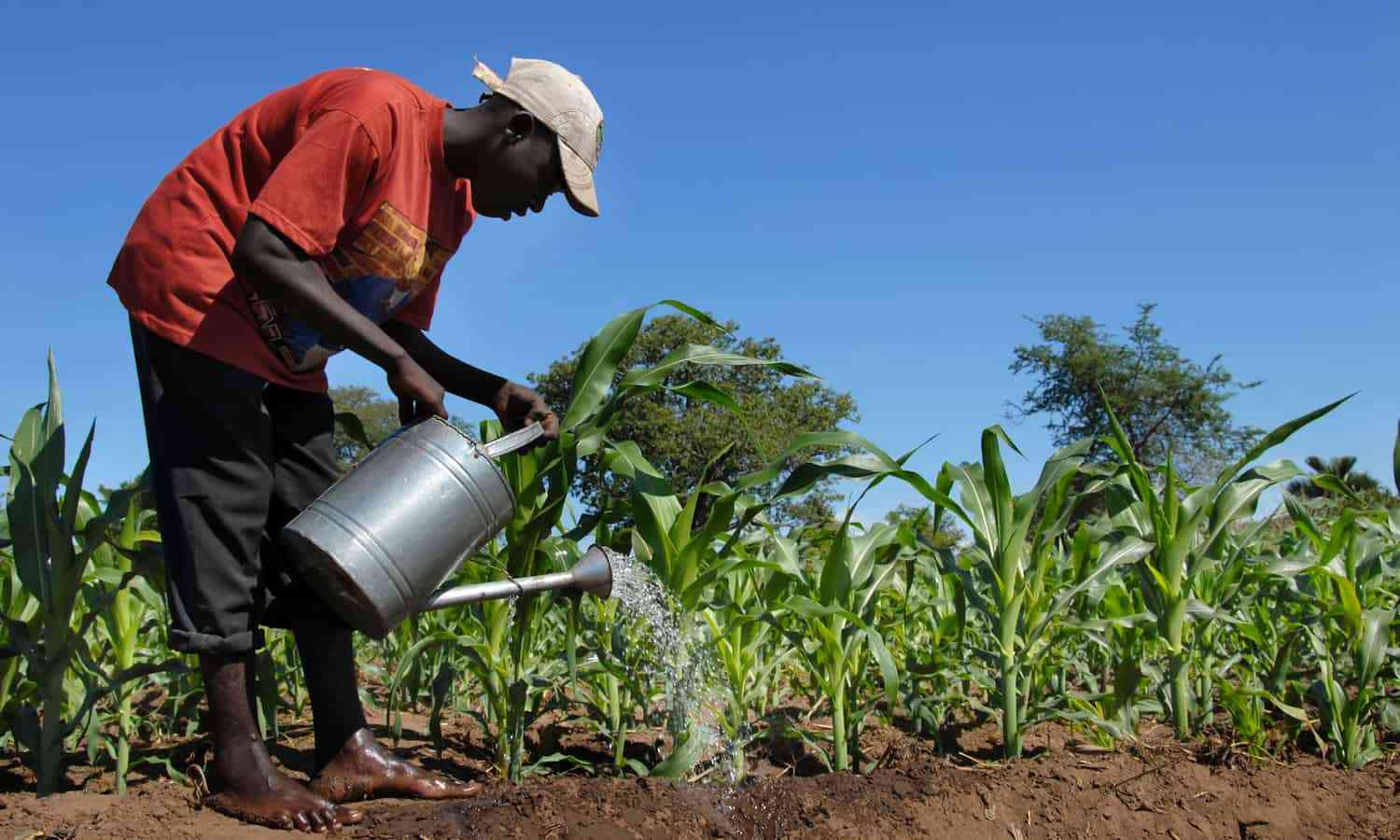
NATURAL resources like land, water, labour and a favourable climate can enable many people to produce diverse agricultural commodities.
However, the biggest challenge for all farmers across the world is mastering market dynamics and what to do with excess produce.
This challenge is worse in developing countries where markets are characterised by bad-faith negotiation. Bad faith negotiation is rampant on both formal and informal markets, where some traders enjoy wasting farmers’ time and making outrageous demands.
What fuels bad faith negotiation practices?
Due to market failure and the absence of policies that reinforce a farmer-friendly economy, African smallholder farmers are victims of the following bad-faith negotiation practices of traders:
- Persistent negotiation for farmers to reduce prices so that the farmers get annoyed and accept the low price offered by the trader.
- Some traders use offensive language to discourage the farmers so that they don’t negotiate with a free mind.
- Traders often influence one another not to take the farmers’ price but insist on their price.
- Traders influence each other to ignore farmers’ produce to create desperation on the part of the farmer.
- Traders criticise and condemn farmers’ produce quality to gain stronger bargaining power over the farmers, yet the quality will be good.
- Traders condemn farmers’ packaging and packing, so that the farmers consider traders’ packaging when, in fact, there is nothing wrong with farmers’ packaging and packing.
- Traders vehemently criticise farmers' grading as part of downgrading the produce and forcing price reduction.
- In some cases, traders use abusive language that borders on abuse against women and the elderly. For instance, the traders can say: Mudhara hauzive mari iwe (Old men you don’t know anything about money) or Muchembere hamuzive zveku market saka inzwai isusu (Old woman you don’t know anything about the market, listen to us).
How farmers can avoid being drawn into value-destroying bad-faith negotiations
The proliferation of bad-faith market negotiations in the African farming system is a symptom of policy and market failure. To avoid being continuous victims of these bad practices, farmers can do the following:
- Form commodity associations through which they can collectively value their commodities, agree on pricing models and sell as a group.
- Research the reputation of the market or traders before engaging in the marketing process.
- Determine their cost of production and cost of marketing to resist the urge to accept unfavourable incentives just to remain competitive in the short term.
- Cultivate the ability to read between the lines. What messages are being conveyed beneath the surface of prices being offered by traders or contractors? Probing can reveal deeper exploitative intentions hidden in figures.
Bad faith negotiations are costing Africa billions of dollars
- News in depth: British investor digs in over Marange diamond concession saga
- News in depth: British investor digs in over Marange diamond concession saga
- Promoting accountable investments in Zimbabwe
- Businessman burns Chivi’s villagers homes
Keep Reading
Bad faith negotiation is not only prevalent at the farmer or farming community level. African countries are losing a lot of natural resources worth billions of dollars to foreign investors who negotiate in bad faith while pretending to be doing Africa a favour. For instance, many foreign investors promise to create jobs in Africa, but after accessing African resources like land and minerals, no meaningful employment is created. African raw commodities continue to be shipped to foreign countries for value addition when that could easily be done in Africa. That demonstrates the extent to which African countries are vulnerable to bad-faith negotiators interested in getting African resources for a song. The art and skill of negotiation should be taught in school from primary to university level.
- Charles Dhewa is a proactive knowledge broker and management specialist.










